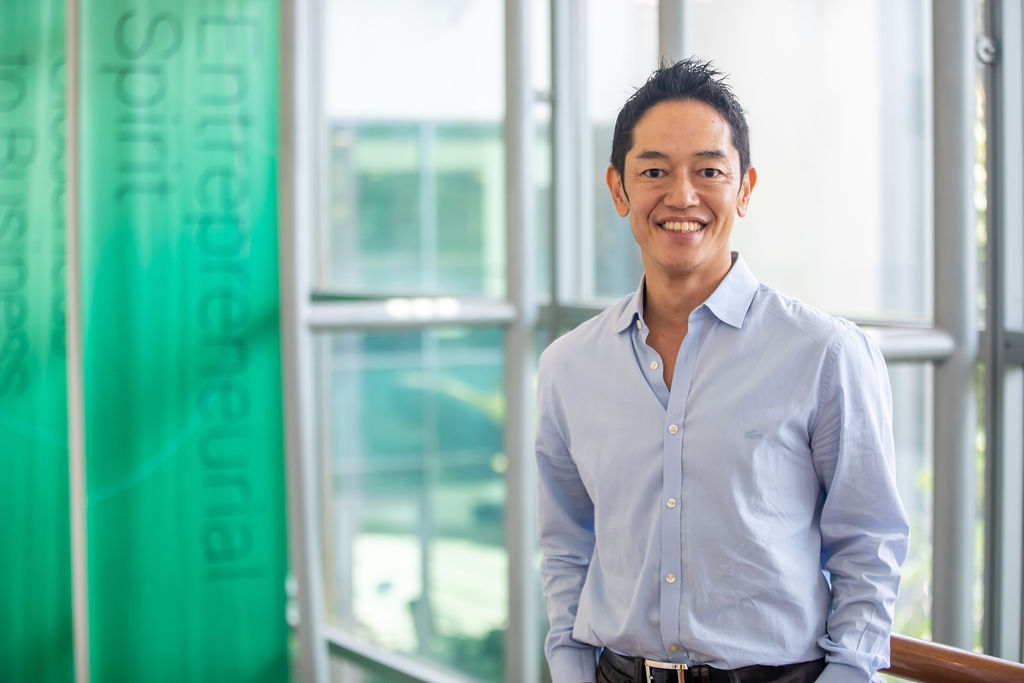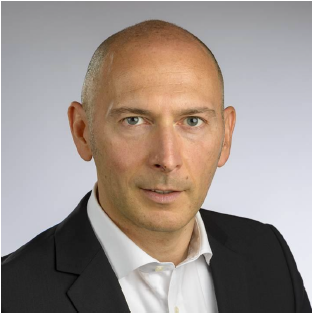The EMC programme has helped me to gain the deeper experience of reflecting on myself by having the capacity to be both the participant and observer.
Sami Al Solamy

Could you share a fun fact about yourself – perhaps something unexpected about you?
One interesting fact about me came from the feedback I received from my "360 degrees" evaluation, whereby my spouse emphatically rated me as an introvert and other observers and colleagues at work, and myself, rated me as an extrovert.
Can you tell us a little more about your personal and professional career journey so far? How did you get to where you are today?
In regards to my professional career, I am currently an attending physician with more than 15 years of experience in healthcare and management, hold a Bachelor of Medicine and Surgery, Board of Emergency Medicine, Fellowship in Intensive Care Medicine, MPH, an MBA and INSEAD Executive Master in Change (EMC).
I am the founding CEO of the Health Academy which aims to help transform the healthcare system in the Kingdom of Saudi Arabia and in the future will serve the needs of the entire healthcare system.
So, what made you decide to pursue the EMC, and why did you choose INSEAD?
My decision to pursue the EMC at INSEAD was underpinned by three main reasons.
First, as Saudi Arabia's healthcare sector undergoes huge changes in its alignment with the country's Vision 2030, there will be a need for highly prepared workforce and leaders to help implement the large-scale remodeling of functions to ensure efficiency, quality, and coverage. The EMC programme will provide me with the requisite skills to lead such large changes to the benefit of all people.
Secondly, the INSEAD EMC programme was the best fit for me because it not only addresses change at the leadership level but it offers a platform for building synergetic networks with other peers from across the world, which is critical for the exchange of ideas and for development.
Finally, apart from the diversity that INSEAD's EMC programme offers, I was also attracted by the institution's reputation as a leader in the science of change.
Has the EMC helped you in your career so far?
So far, my experience in the programme has been nothing short of what I hoped for. First, the EMC has enhanced my level of self-awareness, which is a critical skill for an effective leader and change agent.
Notably, the psychodynamic approach of the course has helped me develop a more intimate and deeper understanding of myself, including my cognitive dispositions, strengths, and weaknesses.
Moreover, the diversity of my classmates, all of whom are experts in various fields, has challenged and motivated me to become a more holistic person and exposed me to various perspectives and approaches. The courses are relevant and receptive to today's organisational change needs, the professors are knowledgeable, resourceful, and market-oriented in their approaches.
Do you foresee the EMC changing your perspectives or outlook towards life?
The EMC programme has helped me to gain the deeper experience of reflecting on myself by having the capacity to be both the participant and observer. This is somewhat like being a spectator (observer) in a football match in a stadium watching the game, but also being aware that I am in the game participating in the field (participant). These skills guide me in the decisions and choices of my career.
What advice would you give to someone who might be interested in pursuing an INSEAD Masters programme?
Do not hesitate!




